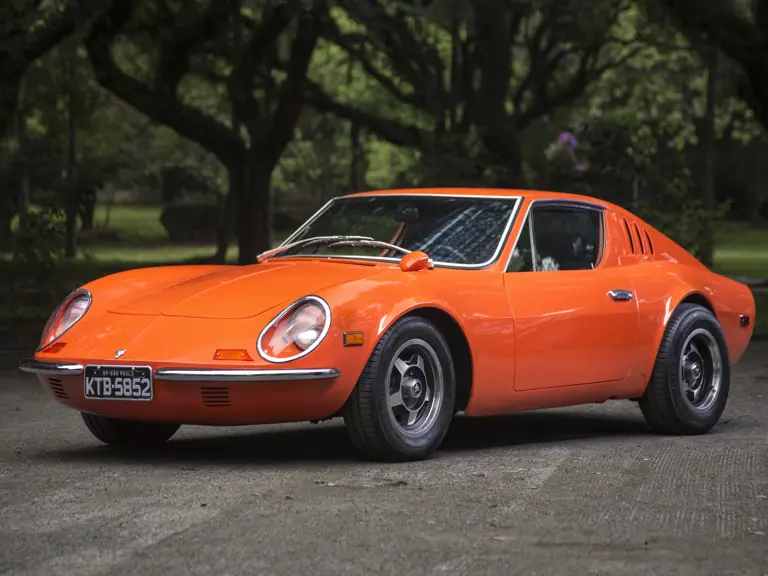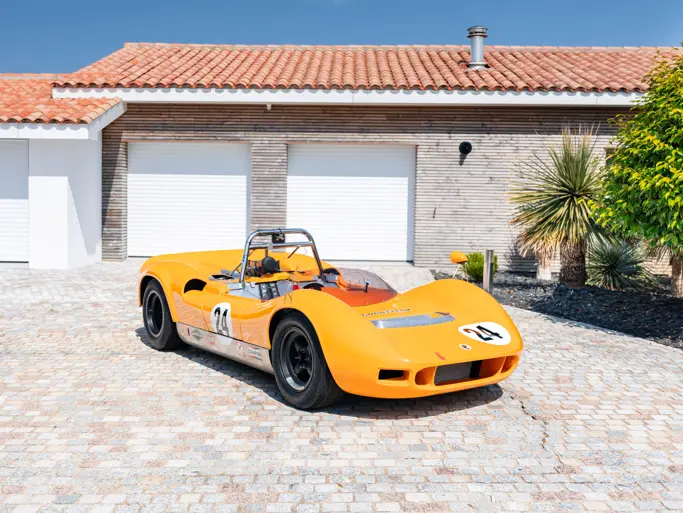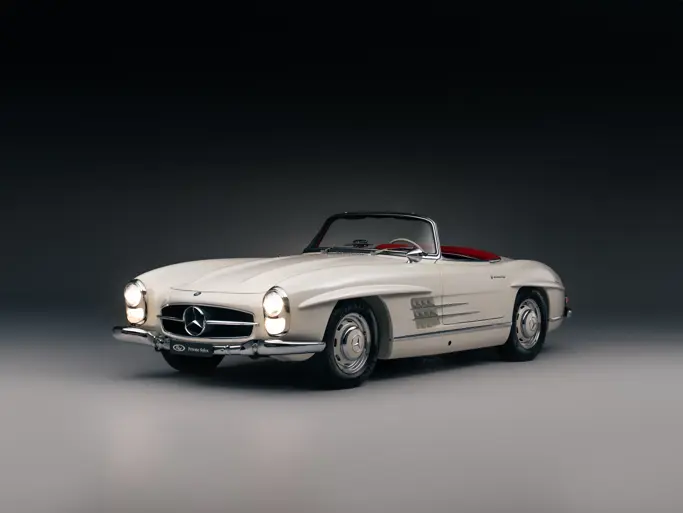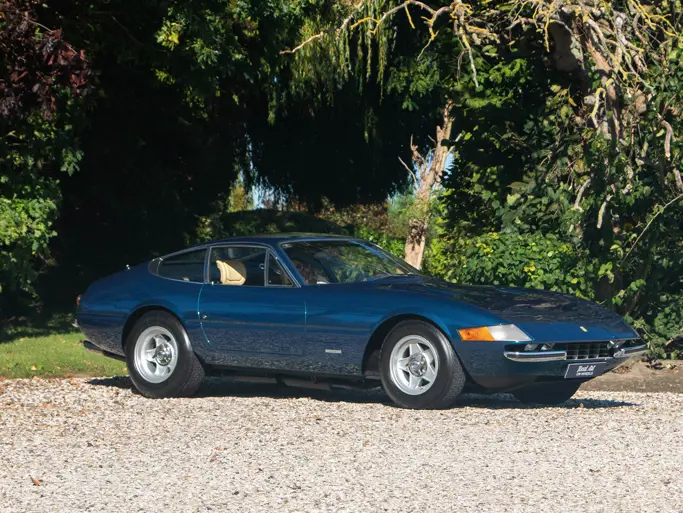 | Fort Lauderdale, Florida
| Fort Lauderdale, Florida

1972 Puma GT
{{lr.item.text}}
$19,250 USD | Sold
{{bidding.lot.reserveStatusFormatted}}
- 1,600-cc flat four-cylinder VW engine
- Four-speed manual transmission
- Optional dual Solex Kadron carbs
- Brazilian built GT car
- Limited production
- One of 484 total cars in 1972
- One of 330 coupes in 1972
- Fully restored to factory specs
- Rare alloy wheels
- Headlight covers
- Award winner
- Rebuilt chassis with new floorpans
- Rebuilt electrical system
Puma was a Brazilian specialist car manufacturer which built cars from 1966 until roughly 1995. High import tariffs effectively closed Brazil during much of this period to foreign-built cars. This limited the vehicles available to the average Brazilian to those built locally by foreign manufacturers such as Volkswagen and General Motors (which established Brazilian manufacturing plants), and the products of local companies.
The Puma is a Volkswagen-based specialty sports car built in Brazil. Strict Brazilian regulations which restricted imports to encourage domestic automobile production led to the development of the Puma and other specialty vehicles. Production began in 1964 using DKW components, with a switch to VW components in 1967. This necessitated a change from front engine, front-wheel drive to rear engine, rear-wheel drive.
The first Pumas were built strictly for racing, but it was not long before they were being built for street use. Pumas were sporadically imported to the U.S. during the 1970s and 1980s. Although the Puma was not designed as a kit car, the cars were imported in kit form. The "kit" was actually a complete car less the front suspension, transaxle, engine, wheels and tires. The missing components were available from the distributor, or the buyer could supply the needed parts. Less restrictive regulations permitted the importation and marketing of complete cars in Canada.
Pumas were also popular in South Africa, and an assembly plant was established there. Exports to Europe were limited to small numbers through a distributor in Switzerland. Puma built some front engine rear-wheel drive models based on Brazilian Chevrolet components, but these were not exported. Once the Brazilian market was opened to imports, the domestic market for the Puma declined significantly. The original Puma company went into receivership in the mid-1980s, and production ended for a time.
Production of both the VW and Chevrolet based models resumed when the Araucaria company bought the machinery and tooling. After a short period, production was taken over by Alfa Metais. A few rear engine Pumas with water-cooled VW engines were made during the final years of production, but sales of these were low. Over 22,000 Puma automobiles were produced over the life of the marque.
First built in this form in 1968, this particular Puma GT is one of 484 cars produced in 1972 as number 1404 in the total run and 202 from the corresponding model year. The Puma was a complete car at the time of being acquired by the current owner in 2012. After deciding to go with a factory original presentation versus a custom; the Puma was stripped down to a bare chassis and was rebuilt after addressing rust that was found and replacing the floorpans with new sheetmetal. The electrical systems were also rebuilt at the time of the restoration process.
The restoration on this Brazilian sports car was carried out by a marque specialist, and it is reported that all of the car’s original parts were preserved and is now presented in “mint condition.” The Orange paint is an original factory color and tecar runs with a 1,600-cc Volkswagen horizontally opposed “boxer” four-cylinder engine that is mated to a four-speed manual transmission. The engine is set up with optional dual Solex Kadron carburetors; in fact, the owner conveys that most of the accessories found on this car are “very rare, even in Brazil.” The alloy wheels were (when new) and continue to be an expensive extra; few of the 484 total cars from 1972 (330 coupes and 154 convertibles) would have this feature. Covered headlights help accentuate the flowing, uncluttered lines of this uncommon Brazilian offering.
The Puma GT is said to be part of a prominent classic car collection in Brazil that is owned by a “well recognized member of the international community,” as well as a member of several international automobile clubs. This Puma GT has been the recipient of numerous Best Car awards in several Brazilian events, has documentation, and is ready to start its next adventure abroad.




